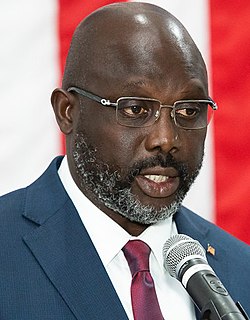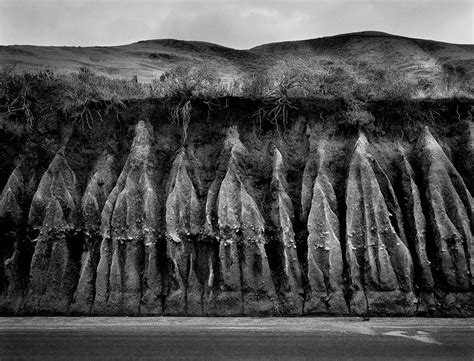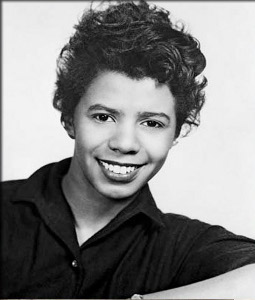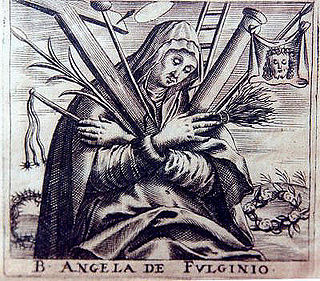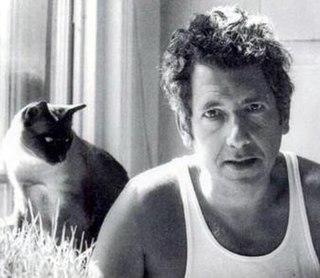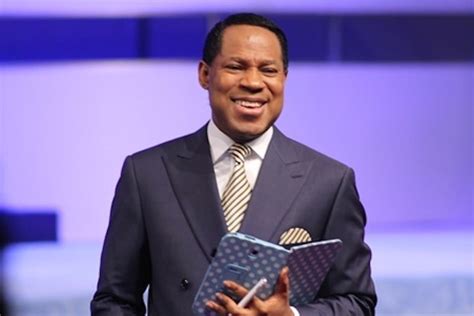A Quote by Maya Angelou
The most noble
cause known to man
is the liberation
of the human mind
and spirit.
Quote Topics
Related Quotes
I know, that since life is our most precious gift, and as far as we can be absolutely certain, it's given to us to live but once, let us so live we will not regret years of useless virtue, and inertia, and timidity, and ignorance, and in our last moments we can say: 'All my life, all my conscious energies, have been dedicated to the most noble cause in the world, the liberation of the human mind and spirit - beginning with my own'.
Of all the differences between man and the lower animals, the moral sense or conscience is by far the most important. This sense, as Mackintosh remarks, "has a rightful supremacy over every other principle of human action"; it is summed up in that short but imperious word "ought," so full of high significance. It is the most noble of all the attributes of man, leading him without a moment's hesitation to risk his life for that of a fellow-creature; or after due deliberation, impelled simply by the deep feeling of right or duty, to sacrifice it in some great cause.
Within the soul of America is freedom of mind and spirit in man. Here alone are the open windows through which pours the sunlight of the human spirit. Here alone is human dignity not a dream but an accomplishment. Perhaps it is not perfect, but it is more full in realization here than any other place in the world.
Animal liberation is also human liberation. Animal liberationists care about the quality of life for all. We recognize our kinship with all feeling beings. We identify with the powerless and the vulnerable, the victims, all those dominated, oppressed and exploited. And it is the non-human animals whose suffering is the most intense, widespread, expanding, systematic and socially sanctioned of all.
The period of Catholic ascendancy was on the whole one of the most deplorable in the history of the human mind. . . . The spirit that shrinks from enquiry as sinful and deems a state of doubt a state of guilt, is the most enduring disease that can afflict the mind of man. Not till the education of Europe passed from the monasteries to the universities, not till Mohammedan science, and classical free thought, and industrial independence broke the sceptre of the Church, did the intellectual revival of Europe begin.
A man without the Holy Ghost is a blind man. He may not know it but that's what blindness is all about. A blind man is not just someone who cannot see, he can see alright, but all he sees is darkness. It's the same thing in the realm of the spirit. A blind man in the realm of the spirit is one who doesn't know the things of the spirit, he can't see the things of the Spirit of God. But when the Holy Spirit comes into your life, you will no longer be blind because He will cause you to see what others can't see.



